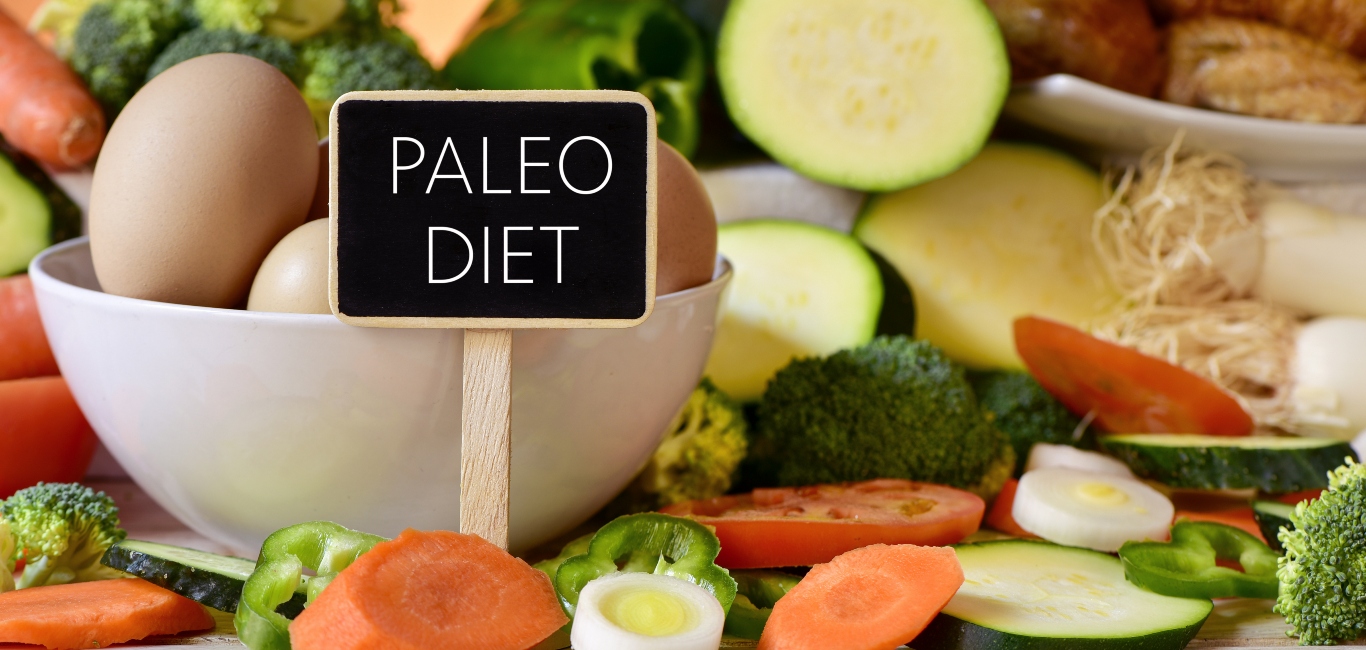
The Paleolithic diet, also known as the hunter-gatherer diet or the caveman diet, is based on the notion that eating like our prehistoric ancestors can improve our health and lower our chances of developing certain diseases. Is eating like a caveman really a wise decision, though?
“As we are evolving, our teeth are evolving too. Stone age man had larger molars and canines with thicker enamels than modern-day humans. Even wisdom teeth have shrunken as part of the evolution process,” said Kamna Desai, a clinical dietician based in Mumbai.
Supporters of the Paleolithic diet contend that modern food is insufficient for the human body’s metabolic needs and blame farming and agribusiness for causing problems like obesity. However, experts are divided over the diet’s historical validity and nutritional compatibility. Could a Paleolithic diet be a great pick for you if you are thinking about modifying your eating pattern for health or weight-loss reasons?
“With today’s dental health we cannot expect humans to eat directly from the fields and trees. Also eating these food ingredients raw or uncooked can lead to sudden gastric disturbances like indigestion, acidity, and constipation, among others,” adds Desai.
Where are the nutrients?
“I tried the Paleolithic diet five years ago and it helped me get rid of processed food,” says Vipin Bansal, 35, a Delhi-based real estate businessman. The main issue with the diet was that it excluded nutrient-dense foods like lentils, beans, and peanuts as well as key food groups like dairy and grains from his diet. “As a result, I missed out on important nutrients. Although your nutritional needs can be met without these foods, it is more challenging to do so,” he adds. His dietician then cautioned him that cutting out dairy could result in lower calcium and vitamin D levels. “Though I lost five kilograms in four months, keeping my dietician’s advice in mind, I gave it up after six months,” Bansal says.
Due to the stringent nature of the Paleolithic diet, which excludes complete food groups, and its restrictions on eating out, most people struggle to adhere to it. Dieticians say that balance, moderation, and variety are the keys to proper nutrition.
What works and what does not
Most of the vitamins and minerals you require can be obtained by eating fruits and vegetables. The Paleolithic diet’s main advantage is that it encourages you to avoid processed meals and added sweets. Eating more fruits, vegetables, nuts, and unsaturated fats is considered good for health, and avoiding processed foods and added sugar protects you from contracting various diseases.
A 2017 analysis revealed that the Paleolithic diet assisted in short-term weight loss, although it concluded that this was due to caloric restriction or eating fewer calories. “The Paleolithic diet promotes whole foods, which is unquestionably sound advice. However, avoiding many starchy foods, as this diet does, can lower the amount of fibre you eat, and eliminating dairy could increase the risk of calcium deficiencies,” says Delhi-based dietician Abarna Mathivanan. Moreover, your gut microbiota, which depends on fibre digestion for survival, may have a problem as a result, he added.
You might lose weight if you stop eating a certain food source and do not replace it with the same amounts of calories. On the other hand, if you substitute higher-calorie items for beans, grains, and dairy, you risk gaining weight.
“Although a Paleolithic diet may help you lose weight, it is unbalanced overall,” points out Desai. “The greatest diet for weight loss is the one you can sustain. If you are overweight and the Paleolithic diet works for you, it would be worthwhile to give it a shot. But be aware that it is not simple to adhere to,” she says.
In a study published in the American Journal of Clinical Nutrition, 250 overweight people were observed for a year as they underwent dietary changes with little assistance from medical professionals, choosing between the Mediterranean diet, intermittent fasting, or a Paleolithic diet that included some dairy, legumes, and grains. The Paleolithic strategy had the lowest retention rate after a year, with slightly over a third continuing to follow it.
“The Paleolithic diet promotes heart health. In fact, a 2019 meta-analysis linked it to lower blood pressure, triglycerides, and LDL cholesterol. The authors of this analysis cautioned that because it is based on a small number of studies and some of those studies may have produced inconsistent results, it should be evaluated with care,” said Mathivanan.
“As the human race is becoming more and more antibiotic-resistant, going back to a Paleolithic diet is unwise as we should not take chances with bacterial infections and parasitic infections,” says Desai.
The Paleolithic Diet Menu
- Foods that were available before the agriculture and farming revolution around 100 centuries ago
- Foods that can be obtained from hunting, fishing, or gathering, such as meat, fish, shellfish, poultry, eggs, vegetables, roots, fruits, and berries
- Grain products, legumes, dairy products, sugar, and salt are off-limits
- Some adherents abstain from eating processed foods
















